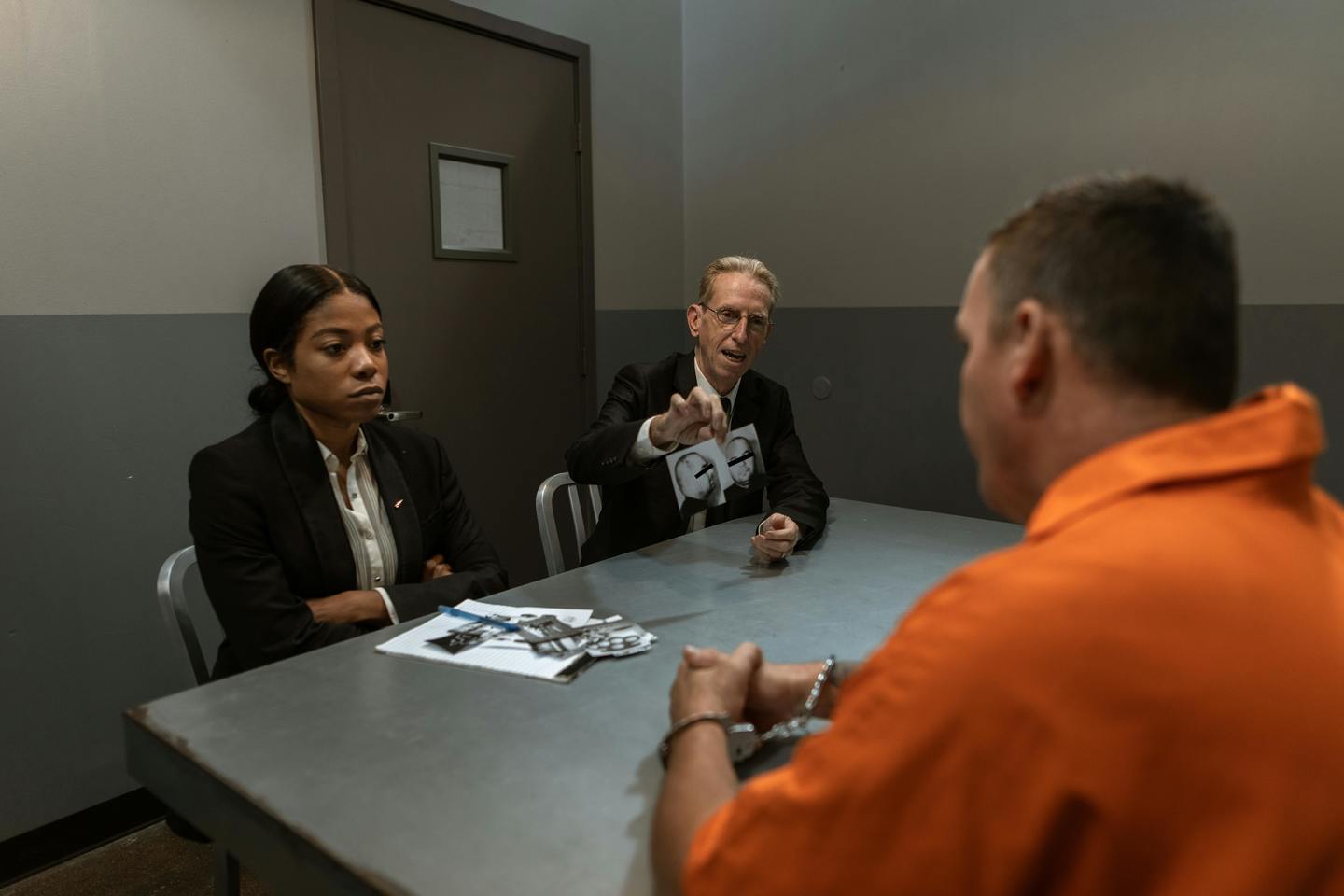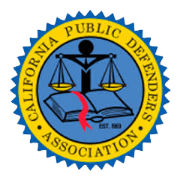
Ever found yourself tangled in the web of legal jargon, especially when it comes to criminal charges? It feels like you’re navigating a labyrinth with a blindfold on. But here’s some good news – understanding the ins and outs isn’t as daunting as it seems. This guide is here to light up the road ahead, giving you a clearer picture of what facing criminal charges really means, their consequences, and how you can tackle them with confidence.
Table Of Contents:
- Understanding Criminal Charges
- The Role of Prosecutors in Filing Charges
- Grand Juries and Indictments
- Navigating the Criminal Justice System
- High-Profile Criminal Cases in the News
- Conclusion
Understanding Criminal Charges
Criminal charges are no joke. They’re formal accusations that you’ve committed a crime, and they can seriously impact your life. There are all sorts of criminal charges out there, from misdemeanors to felonies. Misdemeanors are less serious, like petty theft or trespassing. Felonies, on the other hand, are the big leagues – think murder, rape, or armed robbery.
Factors Influencing Charges
So what determines the charges you face? A lot of factors come into play, like the severity of the crime, your criminal history, and the evidence against you. Prosecutors look at all of this when deciding what charges to file.
Severity of Charges
The severity of the charges matters a ton. Felony charges carry much harsher penalties than misdemeanors – we’re talking years in prison versus a few months in jail or probation. And if you’re facing federal charges, buckle up, because those are even more serious.
The Role of Prosecutors in Filing Charges
Prosecutors hold a lot of power when it comes to criminal charges. They’re the ones who decide what charges to file based on the evidence. After an arrest, prosecutors dive into the arrest report and any other evidence. They’re looking for proof that a crime was committed and that you’re the one who did it. This report is key – it lays out the whole case against you.
Deciding on Charges
Based on the evidence, prosecutors decide what charges to file. They can go with the charges listed in the arrest report, add more charges, or even drop some. It’s up to them to determine if the crime was a misdemeanor or felony.
Presenting Evidence
If prosecutors think they have a solid case, they’ll file formal charges. This is usually done at an arraignment hearing, where the charges are read out loud in court. And trust me, hearing those charges can be a gut-punch.
Grand Juries and Indictments
For felony cases, prosecutors often bring in a grand jury. This is a group of citizens who review the evidence and decide if there’s enough for a trial. The grand jury’s job is to determine if there’s “probable cause” that a crime was committed and that you did it. If they give the thumbs up, it’s called an indictment.
Grand Jury Process
Grand jury proceedings are secret. You and your lawyer aren’t even allowed in the room. The prosecutor presents evidence, calls witnesses, and makes their case. The grand jury then votes on whether to indict.
Indictments vs. Informations
If the grand jury indicts, the prosecutor then files the indictment with the court. This formally starts the criminal case against you. In some cases, prosecutors skip the grand jury and file an “information” instead. But either way, it means you’re being charged with a crime.
Navigating the Criminal Justice System
Facing criminal charges is scary, but knowing what to expect can help you navigate the system. Your first court appearance is usually an arraignment. This is where you hear the charges against you and enter a plea – guilty, not guilty, or no contest. Most people plead not guilty at this stage.
Pretrial Proceedings
After the arraignment, there are a bunch of pretrial hearings and conferences. This is where your lawyer and the prosecutor battle it out over evidence, witnesses, and legal issues. It’s also when plea bargains are often negotiated.
Trial and Sentencing
If your case goes to trial, a jury will hear the evidence and decide if you’re guilty or not. If convicted, the judge then determines your sentence based on the severity of the crime and other factors. And let me tell you, hearing that sentence can be a real punch to the gut.
High-Profile Criminal Cases in the News
We’ve all seen those high-profile criminal cases plastered across the news. The ones with famous defendants, shocking charges, and media frenzies. Take the recent case against former President Trump. Special Counsel Jack Smith filed additional charges related to classified records, naming Trump’s aide Walt Nauta in the indictment too. Trump had already pleaded not guilty to 37 federal charges. These cases are a whole different ballgame, with intense public scrutiny and political ramifications. The stakes are sky-high, and every move is analyzed under a microscope. But here’s the thing – whether it’s a former president or an average Joe, criminal charges are serious business. They can upend your life, ruin your reputation, and even take away your freedom. So if you ever find yourself facing charges, don’t take it lightly. Get a good lawyer, understand the process, and fight like hell. Because when it comes to the criminal justice system, it’s not about fame or power – it’s about justice being served.
Criminal charges can turn your world upside down, from misdemeanors to felonies. The severity and evidence play big roles in what you’re up against. Knowing the process, from arrest to potential trial, is crucial. Always fight back with a strong lawyer by your side because justice matters.
Conclusion
In wrapping up our journey through the dense forest of legalities surrounding criminal charges, we’ve uncovered some clearings along the way. The key takeaway? Knowledge truly is power. Now that you’ve got the lowdown on how these fees function, what they mean for you, and some smart ways to handle them, you’re more prepared than ever to tackle them head-on. Remember – while facing such challenges may seem overwhelming at first glance; there are always steps one can take towards seeking clarity and resolution.




